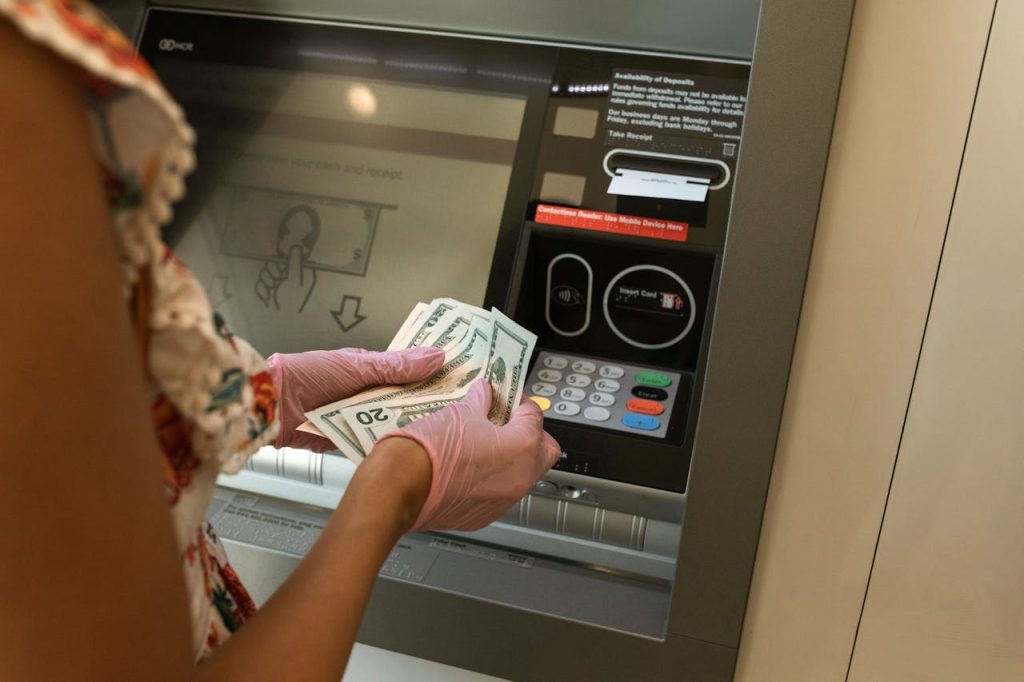
Opening a bank account is a big deal. It’s your money, your name, and your credit on the line. But what if someone you trust—maybe a family member or close friend—opens an account in your name without telling you? This happens more often than you might think. Sometimes it’s a mistake. Other times, it’s fraud. Either way, it can cause real problems. If you’re wondering what happens when your loved ones open an account in your name, here’s what you need to know.
1. Your Credit Score Can Take a Hit
When someone opens an account in your name, it usually means a credit check. That check shows up on your credit report. If the account isn’t managed well—late payments, overdrafts, or unpaid fees—your credit score can drop. Even if you had nothing to do with it, the damage is real. A lower credit score can make it harder to get loans, rent an apartment, or even land some jobs. You might not notice the problem until you apply for credit and get denied. That’s why it’s important to check your credit report regularly.
2. You Could Be on the Hook for Debt
If your name is on the account, you’re legally responsible for what happens with it. That means if your loved one racks up debt or fees, the bank will come after you. You might get calls from debt collectors. You could even get sued. It doesn’t matter if you never saw a dime of the money. The law sees your name and holds you accountable. This can lead to stress, lost money, and a lot of time spent trying to fix the mess. If you find out about an account you didn’t open, act fast. Contact the bank and explain the situation. You may need to file a police report or get legal help.
3. Your Relationship Could Suffer
Money and trust go hand in hand. When someone opens an account in your name without asking, it’s a breach of trust. Even if they meant well, it can feel like a betrayal. You might feel angry, hurt, or confused. Conversations about money are hard, but this one is necessary. Talk to your loved one about what happened. Set clear boundaries. If you need help, consider talking to a counselor or mediator. Protecting your finances is important, but so is protecting your peace of mind.
4. You Might Face Tax Problems
If the account earns interest or is used for business, you could get a tax bill. The IRS sees your name and expects you to report the income. If your loved one doesn’t tell you about the account, you might miss important tax forms. That can lead to penalties or an audit. Fixing tax problems takes time and money. If you get a tax form for an account you don’t recognize, don’t ignore it. Contact the IRS and explain the situation. You can find more information about identity theft and taxes at the IRS website.
5. You Could Be a Victim of Identity Theft
Opening an account in someone else’s name is a form of identity theft. Even if it’s a family member, it’s still illegal. Identity theft can lead to more than just money problems. It can affect your credit, your reputation, and your sense of security. If you suspect identity theft, place a fraud alert on your credit report. Consider freezing your credit to stop new accounts from being opened. Report the theft to the Federal Trade Commission (FTC) and your local police. The sooner you act, the better your chances of limiting the damage.
6. Fixing the Problem Takes Time and Effort
Clearing your name isn’t easy. You’ll need to contact banks, credit bureaus, and sometimes law enforcement. You might have to fill out forms, provide proof, and follow up for months. It’s a hassle, but it’s necessary. Keep records of every call, letter, and email. Stay organized. If you need help, reach out to a consumer protection agency or a lawyer. Don’t give up. It’s your name and your future at stake.
7. Prevention Is Your Best Defense
The best way to avoid this problem is to protect your personal information. Don’t share your Social Security number, bank details, or passwords—even with people you trust. Shred sensitive documents. Use strong passwords and change them often. Monitor your accounts and credit report for any signs of trouble. If someone asks to open an account in your name, say no. If you want to help a loved one, consider safer options, such as co-signing or joint accounts, but be aware of the associated risks.
8. Legal Action May Be Necessary
If your loved one refuses to close the account or pay the debt, you might need to take legal action. This isn’t easy, especially when family is involved. But sometimes it’s the only way to protect yourself. Talk to a lawyer about your options. You may need to file a police report or take the case to court. The law is on your side, but you have to act.
Protecting Your Name Is Protecting Your Future
When your loved ones open an account in your name, it’s more than just a paperwork issue. It can affect your credit, your finances, your taxes, and your relationships. The best thing you can do is stay alert, protect your information, and act quickly if something goes wrong. Your name is your most valuable asset. Guard it carefully.
Have you ever dealt with a situation like this? Share your story or advice in the comments below.
Read More
12 Ways to Protect Your Legacy From Taxes
Are There Taxes That Have to Be Paid On Yearly Bonuses?
The post What Happens When Your Loved Ones Open an Account in Your Name? appeared first on The Free Financial Advisor.







